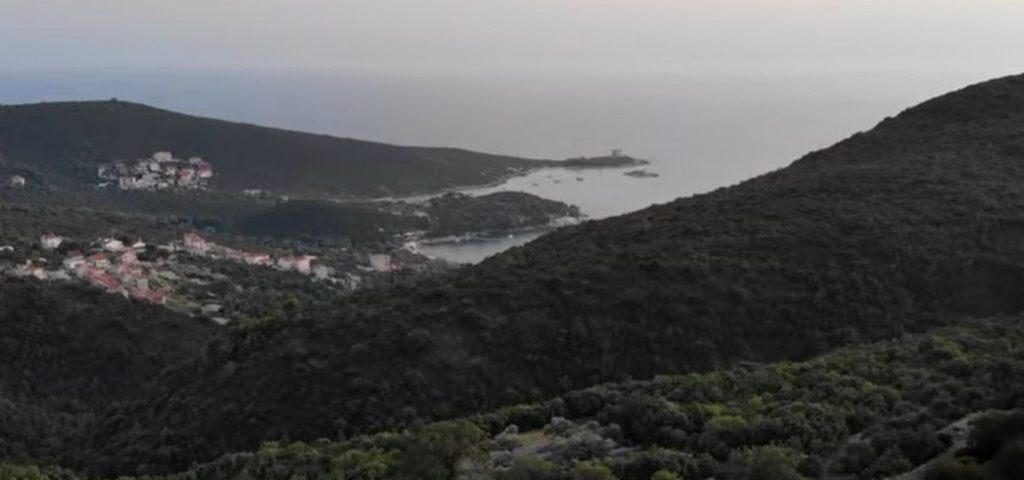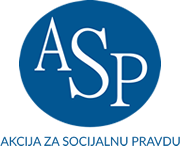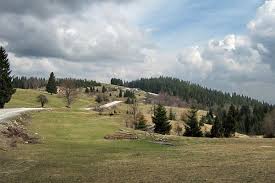Part of the recapitalization through an account in the Prva banka

Dio dokapitalizacije Regionalnog preko računa u Prvoj banci
20 Juna, 2025
U Rebalans ulaze ostale dionice autoputa i Lokanda
22 Juna, 2025Part of the recapitalization through an account in the Prva banka

While in 2009, the main year for the construction of the water supply system on the Montenegrin coast, the state-owned Regional Water Supply Company had problems with obtaining money from the account opened in the Prva banka, in 2010 the Government became involved in the completion of the investment, guaranteeing a loan of seven million euros to the company and also obliging the Investment Development Fund (IRF) to “pump” another two million euros into it through recapitalization.
The guild of repaying the loan of seven million, as well as all the recapitalization of the Regional Water Supply Company by the IRF (today the Development Bank), eventually returned to the Government and fell on the taxpayers, according to the part of the research of the Action for Social Justice (ASJ), which focuses on the role of certain state-owned companies and funds in “helping” the Prva banka to avoid financial collapse.
The ASJ had previously published a part of the research that in the key year of the rescue of Prva banka, the account of the Regional Water Supply Company with that bank was used inappropriately (unauthorized deposits), and payments for the construction of the water supply system were delayed due to the bank's insolvency and the state-owned company fell into contractual arrears with certain contractors (https://aspmne.com/misuse-of-the-account-of-a-state-owned-company-in-favour-of-the-prva-banka-in-the-year-of-its-rescue/).
It is an account of the so-called domestic participation, to which money was paid from the State Treasury for the construction of the coastal water supply. The money paid to the Regional Water Supply Company in March 2009 was used by the Prva banka to repay the first installment of the state loan, and the method of repayment of that installment is still controversial in public.
According to the original plan, the coastal water supply system was supposed to be completed in 2009, which was the year of the great financial crisis in the country, but it was officially put into operation only in the summer of 2010, while payments to contractors continued even after the formal completion of the works.
In July 2010, Regional Water Supply Company concluded a loan agreement with Erste Bank in the amount of EUR 7 million to finance the regional water supply system, with a variable interest rate of 6.5 percent plus a six-month Euribor, with a repayment period of 120 months and a grace period of 24 months, but could not repay the loan.
“They don't have enough money to pay their bills. As a result, the Government has taken over the loan approved by Erste Bank in the amount of seven million”, reads the company's financial documents from the following year… The government converted the loan into its capital in the company.
Through the recapitalization of this Budva company by the Development Fund (later IRF), a bit less than eight million euros have been “pumped in” for the construction of the coastal water supply, and this amount will be returned by taxpayers in ten annual installments from the beginning of this year.
ASJ data show that in March 2008, a protocol was signed between the Regional Water Supply Company and the then Development Fund, in accordance with the conclusion of the Government, on the permanent role of the Fund in this public company in the amount of 5.4 million euros, which was to be paid during that year, in order to partially finance the construction of the coastal water supply.
However, at the end of 2010, the Government made a new conclusion that the Development Fund, which in the meantime was changing into the IRF, would recapitalize the Regional Water Supply Company with two new millions, which is the money that was paid to the account of the domestic participation for the construction of the coastal water supply system in Prva banka.
In April 2018, the government took over the IRF's stake of 7.4 million and an additional 533 thousand, based on the distribution of profits for 2008 and 2009. This conclusion resulted in the signing of a Cash Share Transfer Agreement in October 2021 between the IRF and the then Ministry of Finance, by which the government will start paying the IRF stake from this year.
To date, none of those responsible persons has raised the question of the causal link between the delays in payments from the account of the domestic participation for the construction of the regional water supply system, especially during most of 2009, the actual inflow of money into that account, with how much delay the money was paid in relation to the field works and the situation of the contractors, and whether and to what extent this affected the subsequent loan debt with Erste Bank and the new recapitalization from the IRF.
From the state aid to the Prva banka in 2009 and the payment of the guarantees for the Aluminum Plant Podgorica, which soon followed, a vicious circle of indebtedness of the country began, which we never got out of, but the debts have only been increased.
Action for Social Justice
Ines Mrdović

